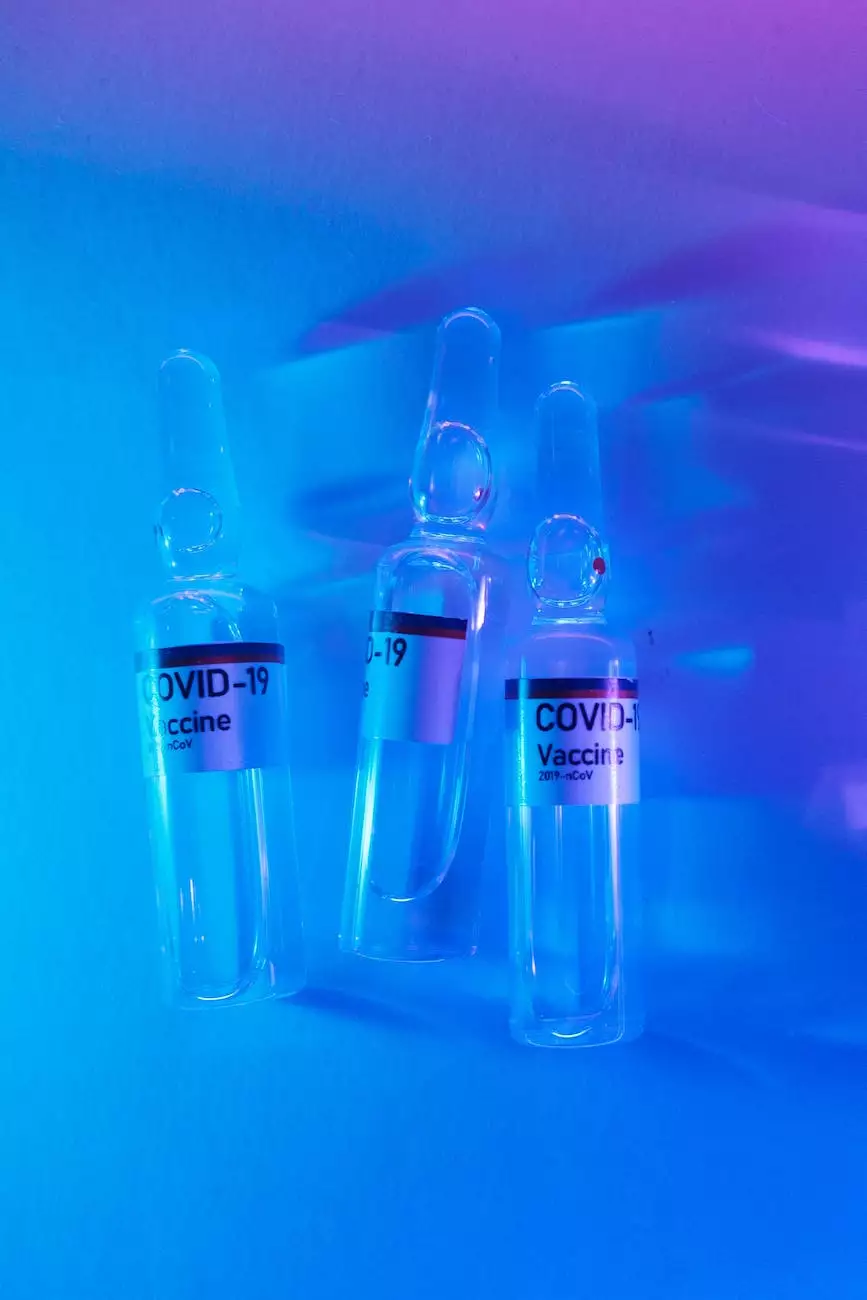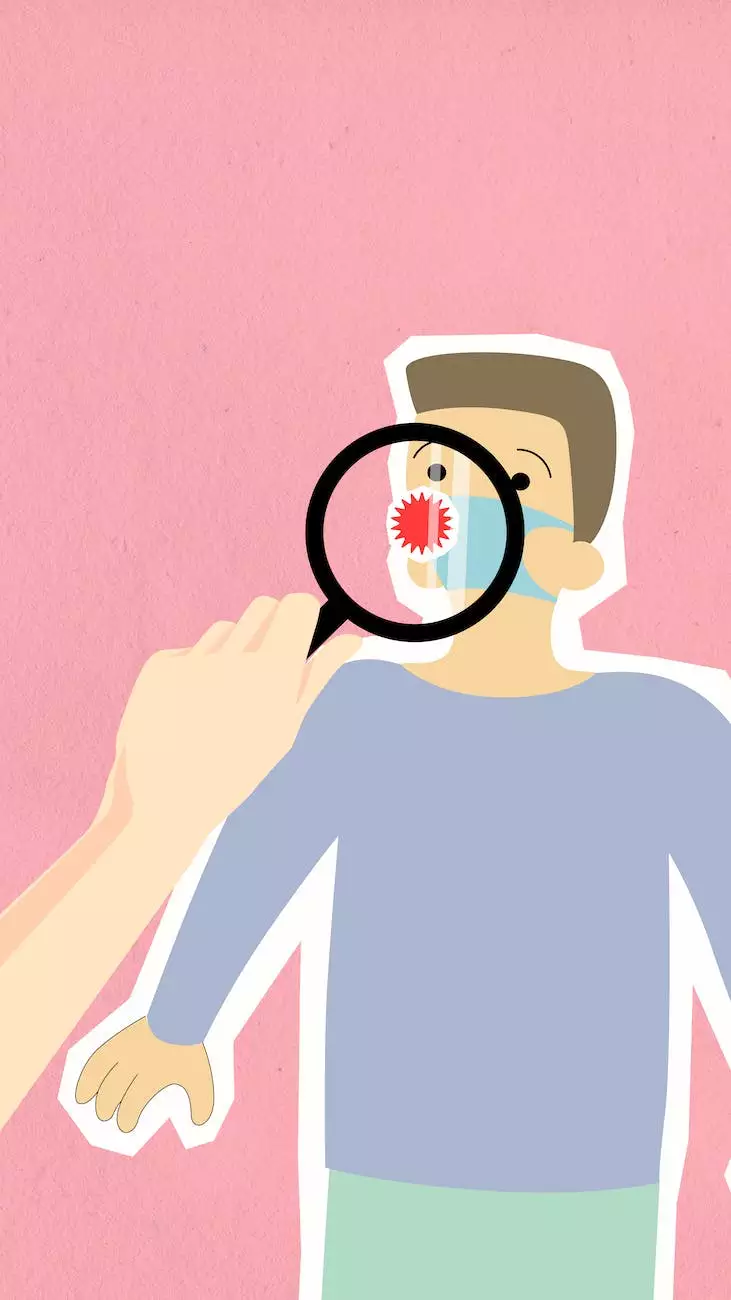What is Shingles?
Conditions
Welcome to the informative page dedicated to explaining what shingles is, its symptoms, causes, treatment options, and prevention strategies. At Nasseri Medical Centre & Medspa, we strive to provide comprehensive information and resources to help improve your understanding and management of shingles.
What is Shingles?
Shingles, also known as herpes zoster, is a painful and often debilitating viral infection that manifests as a rash. It is caused by the varicella-zoster virus, which is the same virus responsible for chickenpox. After a person recovers from chickenpox, the virus remains in their body in an inactive state. However, in some cases, the virus can reactivate years later, leading to shingles.
The primary symptom of shingles is a distinctive rash that typically appears as a band or strip on one side of the body. The rash is usually accompanied by intense pain, burning, or tingling sensations. This pain can be severe and significantly impact daily activities. Other common symptoms include fever, headache, fatigue, and sensitivity to light.
Causes of Shingles
The reactivation of the varicella-zoster virus causing shingles is still not fully understood. However, several factors can increase the risk of developing shingles. These include:
- Advanced age: Shingles primarily affects individuals over the age of 50.
- Weak immune system: People with weakened immune systems, such as those with HIV/AIDS or undergoing immunosuppressive treatments, have a higher risk of developing shingles.
- Stress: High levels of stress can weaken the immune system, making individuals more susceptible to shingles.
- History of chickenpox: Those who have had chickenpox in the past can develop shingles later in life.
Treatment Options for Shingles
While there is no cure for shingles, several treatment options are available to alleviate symptoms and promote faster healing. It is crucial to consult a healthcare professional for an accurate diagnosis and appropriate treatment plan. Common treatment approaches include:
- Antiviral medications: Prescribed antiviral drugs can help shorten the duration of the shingles outbreak and reduce the severity of symptoms.
- Pain medication: Over-the-counter pain relievers or prescription medications may be recommended to manage the pain associated with shingles.
- Topical ointments: Calamine lotion or other soothing ointments can help relieve itching and discomfort caused by the rash.
- Antidepressants or anticonvulsants: In some cases, these medications may be prescribed to manage nerve pain or complications associated with shingles.
Prevention and Management of Shingles
Understanding potential prevention strategies and management techniques is crucial for individuals at risk or those who have already had shingles. Here are some tips to consider:
- Vaccination: The shingles vaccine is highly recommended for individuals aged 50 and above to reduce the risk of developing shingles or lessen the severity of symptoms if they do occur. Speak to your healthcare professional about vaccination options.
- Stress management: Maintaining a healthy lifestyle, practicing stress-reducing techniques such as meditation or yoga, and getting enough rest can help support immune function and reduce the likelihood of shingles outbreaks.
- Good hygiene practices: Regular handwashing and avoiding close contact with individuals who have chickenpox can help minimize the risk of contracting the varicella-zoster virus.
- Early medical intervention: If you suspect you have shingles or experience symptoms, seek medical assistance promptly. Early intervention can lead to earlier treatment, better symptom management, and reduced risk of complications.
Conclusion
In conclusion, shingles, caused by the varicella-zoster virus, is a painful and sometimes severe viral infection. It is important to understand its symptoms, causes, available treatment options, and prevention strategies. By staying informed, seeking appropriate medical care, and adopting preventative measures, individuals can better manage shingles and reduce its impact on their lives.










